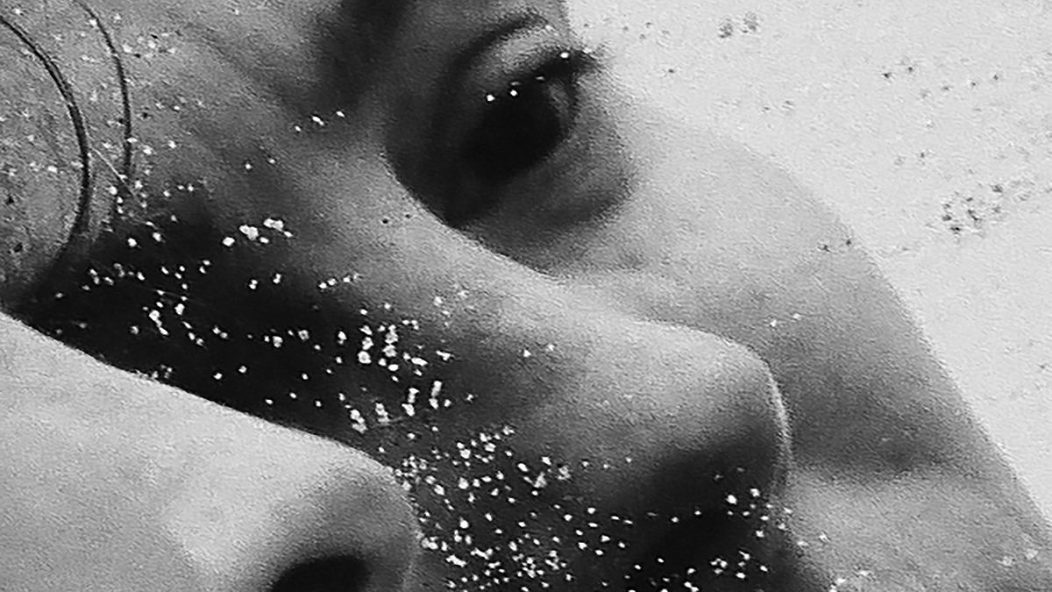
Inside the "Engine of Hell": An Intimate Conversation with Emma Ruth Rundle
Emma Ruth Rundle‘s work has never shied away from the harder-hitting, heavier parts of life, often touching on themes such as loss, sorrow, despair, resentment, and substance use. However, as unbelievable as it sounds, none of her previous albums are as personal and reflective as Engine of Hell.
The record takes a long, hard look at itself in the mirror with no makeup on—literally, that’s the cover image—and, through the lens of a haunting piano-guitar combo and a loud, belting voice, shows readers the truly raw inner self.
And it can be ugly. Rundle even admits that some friends and family felt the record was so raw and personal, it made them uncomfortable. It’s music made filtered through no pretense, with nothing held back. And in that sense, Rundle truly has moved past the ego to present art in its most unfiltered form.
In a chat that felt as honest and vulnerable as the record it was about, Rundle shared insight into her creative process on Engine of Hell.
—Addison Herron-Wheeler
…
…
How personal was this record to you, and how did it differ from the full-arrangement records you’ve done in the past?
From a production standpoint, early on, before I did On Dark Horses and before I did the Thou collaboration, I really wanted to make a stripped-down, back-to-basics type of album, but the timing wasn’t right. I had the opportunity to work with these amazing musicians, and I didn’t want to miss that.
Then, when it was time to focus on another solo album, it was like the perfect moment to sort of pull the universe back into a super small, simplified version. I’ve just done all this huge-sounding music with these other people, and I wanted to get back to basics.
It was also the right time for me to sort of shed my collaboration face and just do what I wanted, and that’s the material on this album. It wouldn’t have been this record had I made it several years ago. I think it all came together, and that makes Engine of Hell what it is because it happened when it happened in my personal life. The piano and all that stuff that went into it fell into place in a way that worked, and I think the production style and subject matter really reinforce one another with the intensity and sort of closeness of it.
You’ve also alluded to doing dance and getting more into visual art. Can you talk more about how that influenced the record?
I actually got into the physical movement stuff after the record was recorded. That had a lot to do with sobriety and getting away from drugs and alcohol. I’ve spent a lot of my life wanting to get out of my body, numb out, escape being here.
I had also read a book called The Body Keeps the Score and read that doing choreographed physical movement can actually be good for people who have trauma. And when I finished the record is when I discovered dance. There’s a ballet studio very close to where I live now, and I am not a dancer—I have just discovered physical movement. For me, it has been a way to be in my body that feels joyful, and that’s very powerful and different, so I recommend it to everybody. It’s also great to just be terrible at something and have the benefits outweigh any embarrassment that you might have for being new to it.
What do you hope other people who are having a similar structure take away from this record?
It’s hard to have an expectation for how your work will impact other people. I guess if anything, I had some apprehension about the record negatively impacting people, like I hope it doesn’t push someone into a darker place. Because that’s not ever my intention; I never want to harm anyone.
So, if anything, that thought crossed my mind. My main worry is, it might take someone to a bad place. But I did try and put some positivity into some of the visual stuff, because the song lyrics are quite dark, but there’s an uplifting element of self-love there that I’m hoping will translate. It’s not all just despair.
Really with this record, one of the main things I was doing was just feeling my feelings after so long staying away from that, and I wanted that to come through.
Is there anything else you want listeners to come away with?
I guess maybe just in light of some of the things we discussed, if anyone out there is struggling with drug or alcohol issues, or with intense mental health, there is help. There are communities out there that can be supportive, so seek them out.
…
Engine of Hell released November 5th via Sacred Bones.










